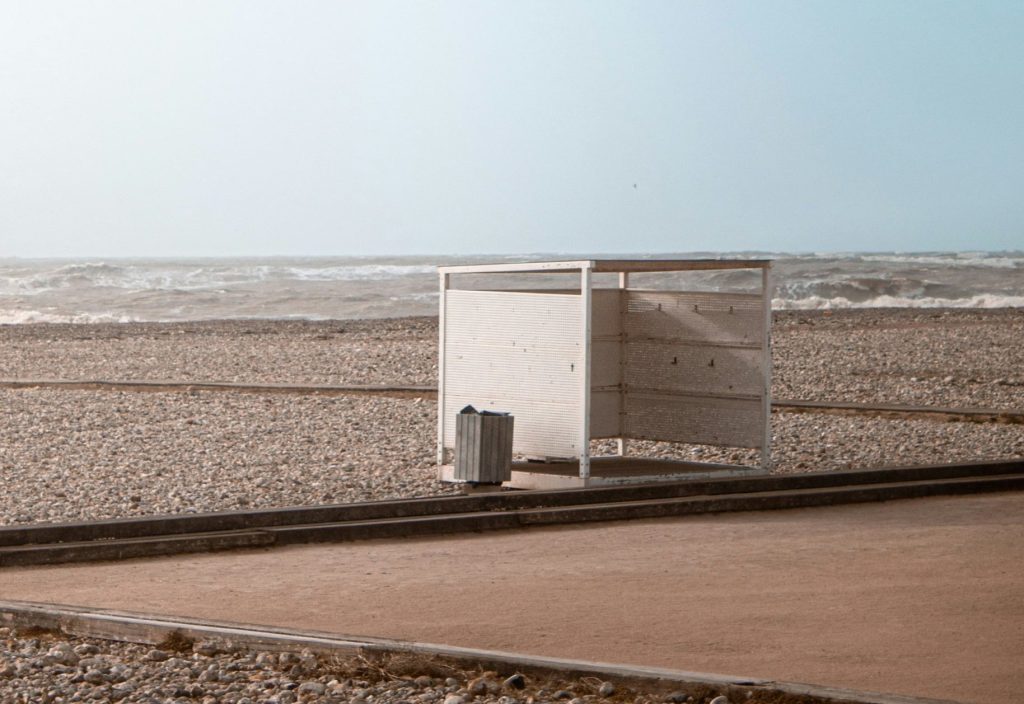Buying a company bike when you’re a sole proprietor or when you’re in a partnership can be beneficial and is easy to arrange.
What’s the advantage? All costs, like costs for purchase, repair or replacing parts, can be declared as business expenses. What are the disadvantages? You have to record it accurately in your administration and there’s an additional tax liability for private use. So take into account the following:
Purchase
It’s important to be aware of the fact that you can only declare your new bike as a company bike if you use it for your business at least 10% of the times you use it. When you declare your bike as a company bike, make sure the invoice is in your company’s name and add the invoice to your administration.
VAT (btw)
You will get back the VAT on the purchase of your bike. Makes sense, since it’s a regular business purchase. After purchase you estimate the percentage you’ll use the bike privately and the percentage you’ll use your bike for business. Let’s say it’s: 60% business and 40% private. In this case you can get a return for 60% of the VAT. At the end of the year you’ll check if your estimate of business use was correct and if it differs, you correct it.
Income tax
When you make more costs, your profit will decrease which means you pay less taxes. If the bike is over 450 euro excluding VAT it’s considered an investment.
You might also be entitled to the kleinschaligheidsaftrek (KIA, small scale investment allowance). If you invest more than 2400 euros in one year, you get an extra tax deduction of 28% over the invested amount.)
Besides this, you might also be entitled to the MIA. The MIA is an environmental investment allowance. You could be entitled to it if you purchase a speed pedelec or an electric cargo bike. If you’re considering to buy one of these bikes, just ask your bookkeeper if this allowance applies to you.

Additional tax liability
If you will also use your company bike privately, then there’s an additional tax liability for private use. It’s just the same with a company car. The additional tax liability for a company bike is 7% (as of 2020) of the market price (including VAT) of the company bike. The additional tax liability is added to your profit.
Keeping your bike private
You can also choose not to declare your bike as business costs and just list it as private costs. For instance when you buy a cheap, old bike and it won’t give you a lot of benefits to declare it as a company bike. When you keep these costs private, you can write down the business kilometres you make in your kilometre registration. For each business kilometre you can declare € 0,19 as business costs. It’s the same for a car that you own privately and only use for business now and then.


